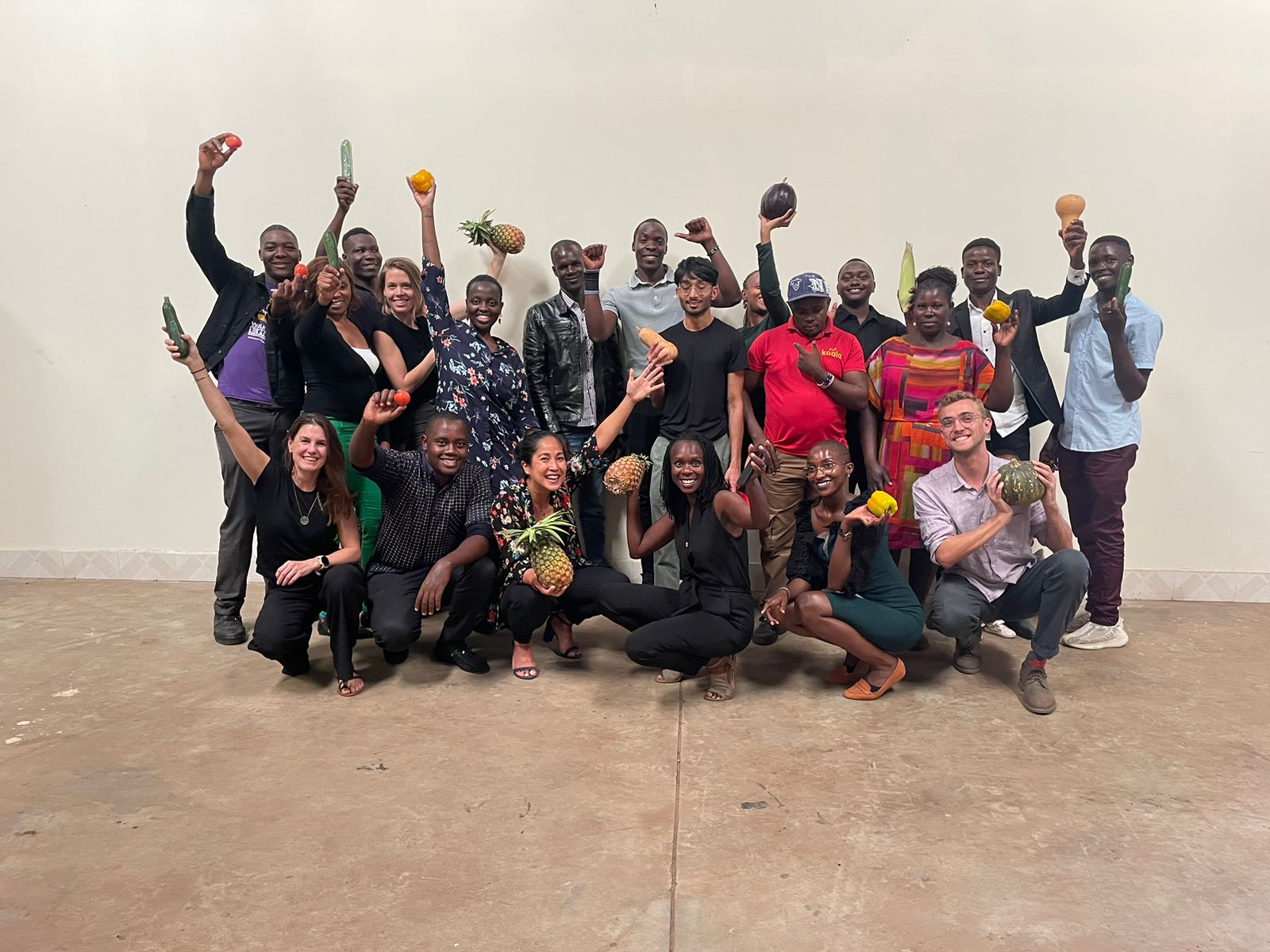ImpactAlpha, July 20 – Revenue-sharing, ‘collaborative endorsements,’ and diverse referral networks are among the strategies being explored by the first funds chosen by the Kauffman Foundation’s Capital Access Lab.
“Investment is more than ownership; it is about equity and impact,” said Melissa Bradley of Washington DC-based 1863 Ventures, who said the support will advance “New Majority entrepreneurship, job creation and community impact in historically overlooked and underserved communities.”
Five funds will receive between $250,000 and $1 million each for a total of $3 million (the lab says it has catalyzed an additional $5 million in investments). The Capital Lab looked at more than 100 funds in 32 states, more than half of them led by women and 41% by people of color.
Inclusive capital means more flexible terms and more diverse founders
The initiative was launched by the Kauffman and Rockefeller foundations in 2019 to support emerging funds using innovative models to break down funding barriers faced by entrepreneurs of color, women, and rural entrepreneurs.
New structures
Capacity Capital, in Chattanooga, uses revenue-based funding to help small businesses grow. Atlanta-based Collab Capital, a new fund focused on helping Black founders grow sustainably, uses a model it calls a ‘shared profit agreement with a collaborative endorsement,’ or SPACE, that combines profit-sharing with product endorsements by its athlete and celebrity investors.
Indie.vc, a champion of organic growth and revenue-sharing models,’ will expand its “Scouts’ referral program aimed at creating a more inclusive startup ecosystem. Under a new pilot program, a network of ‘Cub Scouts’ will invest in companies that are pre-revenue or not ready for an Indie.vc investment.
Another fund, Anzu, helps commercialize industrial technology from schools, labs and other organizations that is outside the scope of traditional venture capital.
Bryce Roberts and Tim O’Reilly: VCs that help startups raise revenues, not rounds











